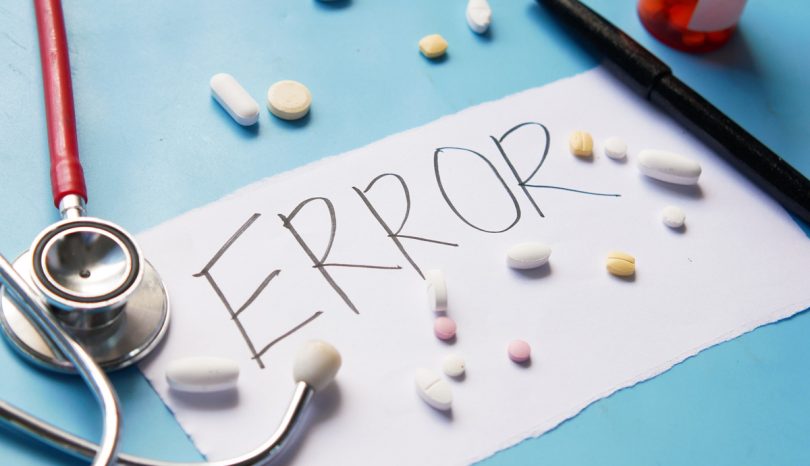- Find A Medical Provider
- Auto Injuries
- Common Injuries
- Medical/Pharmaceutical
- Types of Medical Injuries
- Malpractice Injuries
- Drug and Medical Device Injuries
- Drugs and Devices Linked to Cancer
- Opioid Addiction
- Drugs and Devices Known to Cause Injury
- 3M Combat Arms Earplugs – Hearing Loss
- Accutane
- Aciphex
- Actonel
- Actos
- Adderall and Ritalin
- Advair
- Aldara (Imiquimod)
- Alli
- Ambien
- Amiodarone
- Anzemet
- Aptivus
- Aranesp
- Arava
- Atorvastatin
- Avandia
- Benicar
- Birth Control Medication
- Blood Thinners
- Essure
- Fosamax (Alendronate Sodium)
- Gadolinium-Based MRI Contrast Agents
- Granuflo
- Hernia or Surgical Mesh Injuries
- Hydroxycut
- Inferior Vena Cava Filters
- Invokana Toe and Foot Amputations
- Ketek
- Levaquin
- Lipitor
- Mirapex
- Neurontin
- Onglyza
- Over-the-Counter Medications
- OxyContin
- Paxil
- Power Morcellators
- Pradaxa
- Propecia
- Reglan
- Talc Powder
- Trasylol
- Valsartan
- Viagra
- Xolair
- Zelnorm
- Zoloft
- Work Injuries
- Sports Injuries
- Marketing Services
- Blog
List your practice on InjuredCare | Log in / Sign up
Medication Errors

The Most Frequent Mistakes Involving the Administration of Pharmaceutical Products
According to government reports, more than a million people suffer some type of adverse effect every year due to "medication errors." Those mistakes can have serious consequences, from allergic reactions to detrimental side effects, such as compromised breathing, loss of consciousness, spikes in blood pressure, seizures, dizziness, diarrhea, and vomiting. Allergic reactions can lead to anaphylactic shock, which has the potential to be fatal. Furthermore, the administration of the wrong drug or the wrong dosage can render treatment ineffective, leaving patients with no medical benefits.
These injuries are usually preventable events. The U.S. Food and Drug Administration (FDA) monitors all reports of medication errors and reports the following as the most common types of mistakes involving the prescribing, administration, and uses of pharmaceutical products.
- Overprescribing/underprescribing — A medical professional may negligently fail to determine the correct amount for a specific patient based on age, weight, severity of the medical condition, and other factors.
- Failure to identify potential interactions with other medications or allergic reactions — Often, medical professionals don't conduct the necessary pre-administration workup to determine whether a patient might be predisposed to an allergic reaction or taking other drugs that could cause a harmful interaction.
- Administration of an incorrect amount or dosage — One FDA study found that approximately four of every 10 fatal medication errors result from administration of an incorrect dosage. The causes of administering wrong dosages are varied. In some cases, incorrect dosages are printed on a product label or in a medical chart. In other instances, medical professionals fail to properly chart the administration of medication or communicate when drugs are administered. Research also indicates that medical or pharmacy personnel occasionally fail to realize they have pulled medication with a significantly higher dosage. In some situations, medical personnel administer higher dosages in an attempt to keep patients listless or docile.
- Administration of the wrong medication — In one of every six instances of pharmaceutical error, the medical professional gives the patient the wrong drug. The reasons for doing so include misreading a chart, confusing one patient for another, lack of training or supervision, and medical worker distraction. In addition, it's not uncommon for nurses or other medical workers to confuse similarly named drugs.
- Administering drug at an inappropriate time — Though the consequences may not be life-threatening, giving a patient medication at the wrong time of day can diminish quality of life. For example, administering a drug that causes drowsiness is more appropriate before bedtime than upon awakening.









